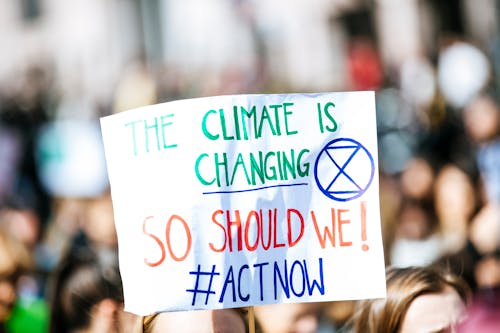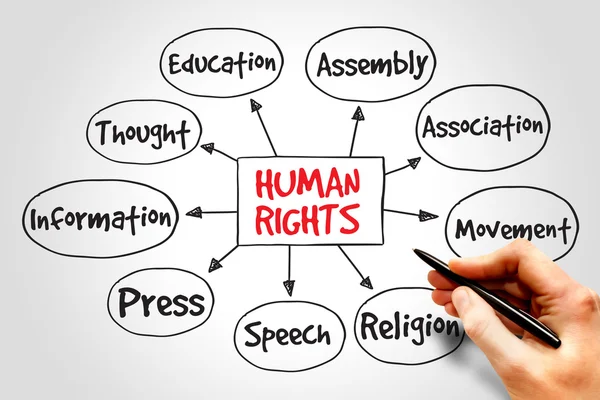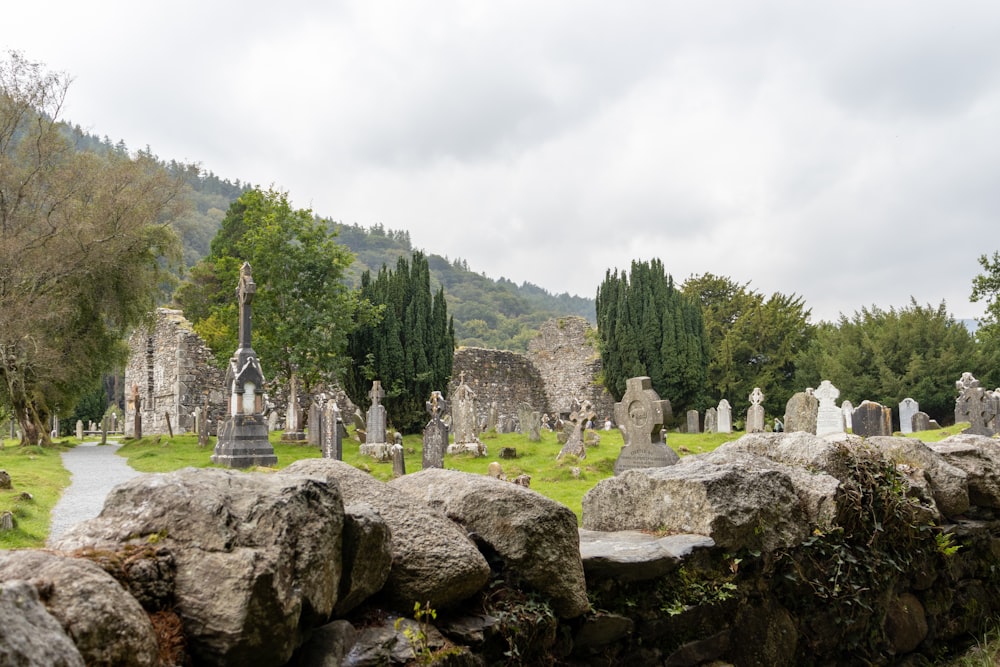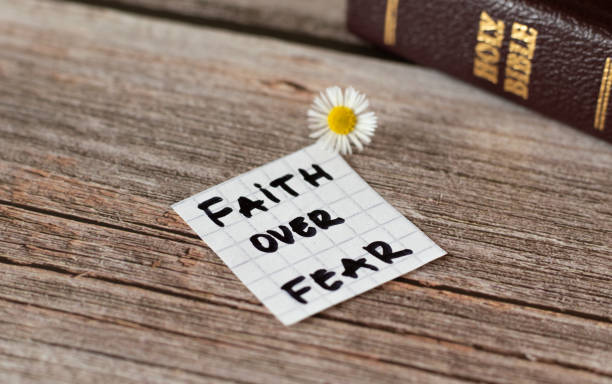
Even if the world is harsh and difficult, the church should be able to hold the hands of the people of the world and share in their difficulties.
In the Catholic Times Weekly Light of the World column, the priest columnist begins with the words of some of his colleagues.
Father 1:There are no youths or young adults in our church.
Father 2: Yes, that is true in our parish also. The house prices in Seoul are too expensive, and many young people move to the outskirts.
Father 3: The children's situation is more serious. It is rare for students to move from elementary school to another middle and high school because of the difficult entrance exams. Middle and high school students have difficulty making friends and consequently do not come to the young people's Mass.
Father 4: The role of adults is important. To provide a fundamental alternative, a shift in awareness and pastoral efforts to welcome them are needed.
Father 5: There are many young people from single-person households living alone. These are those who have a difficult life and have a hard time coming to the church. It is also necessary to extend pastoral care to visit them.
Father 6: Even though they can't come to church, many yearn for spirituality, fellowship, and relationships.
Father 7: We must be friends with them.
The streets of Myeong-dong in Seoul are very lively at the end of the year. Many enjoy the time with family and friends at the cathedral preparing for Christmas, the sound of carols and laughter, and gatherings with loved ones. Although the end of the year is regrettable, its warmth gives us comfort and courage toward the new day.
However, contrary to appearances, society does not seem to be very healthy. The reasons for this are extreme competition, the difficulty of making a livelihood, growing bitterness of individual self-reliance, and forced isolation and alienation. This eventually results in a loss of social networks and trust, and a high suicide rate (13,195 per year in 2020, 36.15 per day). But is the community of faith really safe?
Nature of crisis: There may be many differences, but the rapid decline in youth and young believers in their 20s and 30s in any church is a serious pastoral issue.
There are external factors such as the aging population, decreasing population, and harsh livelihood, but internal factors such as neglect of religious education and unfaithfulness to faith coexist in contrast to excellent material growth. However, this is not a problem confined to a particular generation. It is also not just a matter of simple headcount increase or decrease. Because it raises concerns about the identity of the faith community.
Is the joy, vitality, and spiritual power of the gospel weakening in the church, which should be the salt and light of the world? Even though the world is harsh and difficult, can the church hold the hands of the people of the world and be with them in their difficulties? Could this be the nature of the crisis?
The mystery of the incarnation of the Lord who came to be a friend: Do you have a dear and grateful friend? Thanks to such a friend, I am strengthened even when it's hard. The Lord, who is love, also regards us as friends (John 15:15). All the difficulties in the world today stem from the failure of not trying to be friends with others. Being a friend who shares love and hope, away from the temptation of material goods and comfort, is the Christian life that testifies to the mystery of the incarnation and the power of faith that heals the world.
"Man is open to everyone in the world. It is because a man understands himself only when he can say ‘I’ to you. In such a case, the human person moves out of himself, out of the self-centered attitude of caring only for his own life, and enters into a relationship of dialogue and communion with others" (Summary Social Doctrine, 130).





